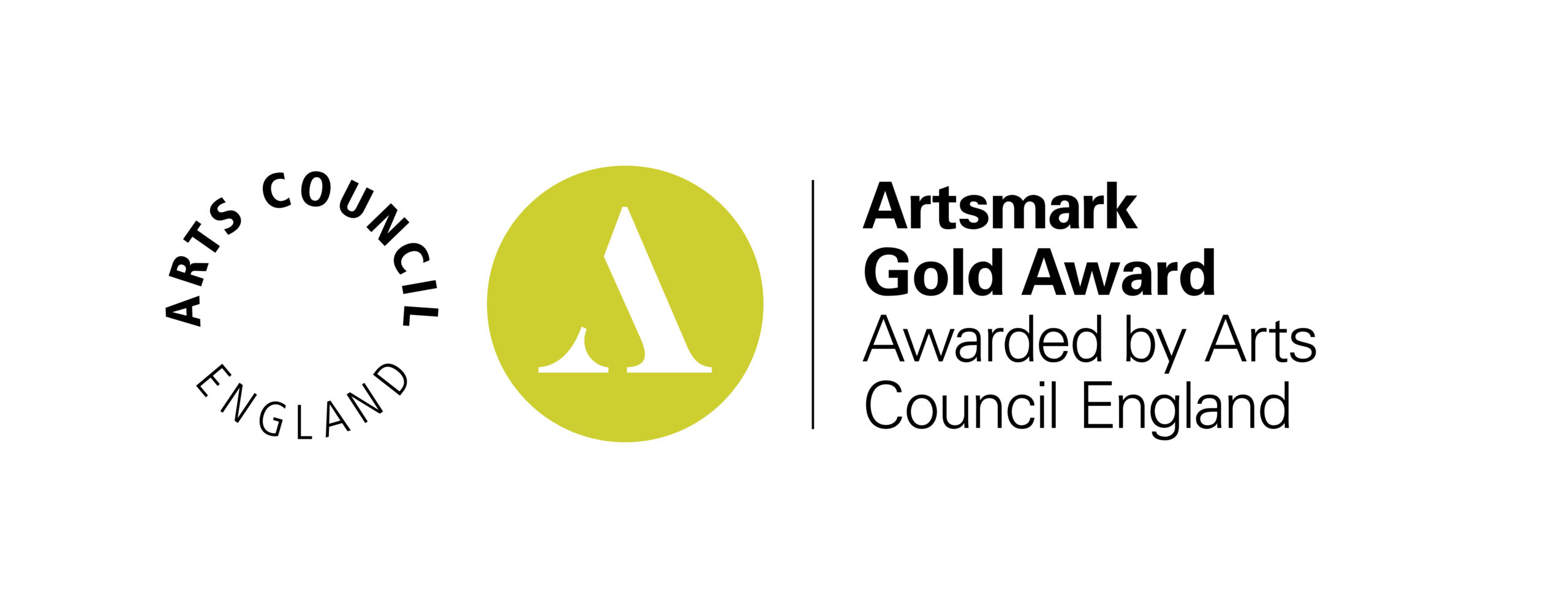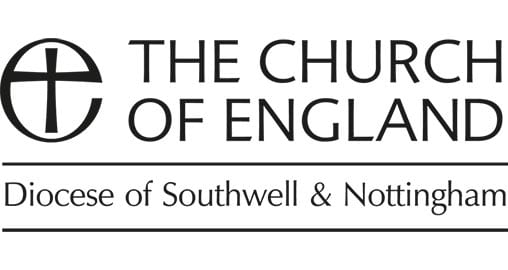Curriculum intent
The social sciences department includes the vocational subjects of health and social care and child development. We only deliver our subjects to key stage 4. We aim to prepare our students for a future in the care sector and to give them the knowledge and skills to enable them to go on to further study or apprenticeships and be valuable members of the community.
In child development, we focus on the first eight years of life and the effect that play has on our learning and development. We consider the support that children receive from adults and what effective early years settings look like.
Any student who is considering working in a care setting, either with adults or children would benefit enormously from these courses. In the same way, these courses would both equip all students in the skills and knowledge of how to relate to people in different circumstances.




